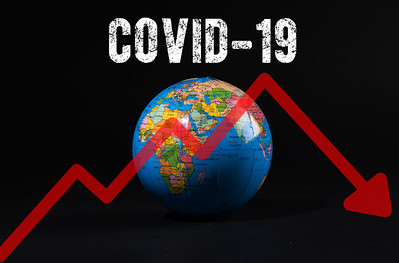The Stuart Handler Department of Real Estate is the fifth and newest department of the University of Illinois Chicago’s College of Business Administration. The school is considering creating a Bachelor of Science major and minor, and even a master’s degree in the new department.
The department was created with funding from Stuart Handler, the CEO of TLC Management, a Chicago-based leasing and management company. It is not known how much Handler donated, but officials at the university said that his gift made the new department viable.
Handler stated that he hopes to give UIC students “a chance to have a stake in the real estate in their neighborhoods.” It is also his goal to give students more opportunities to find jobs in the real estate industry.
The head of the department will be UIC professor of finance Daniel McMillen, who is also a consultant for the Federal Reserve Bank of Chicago.


